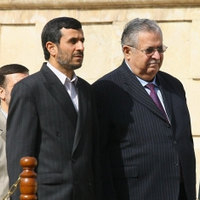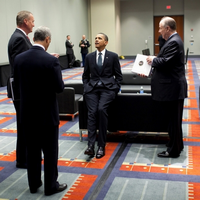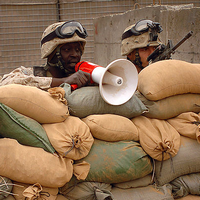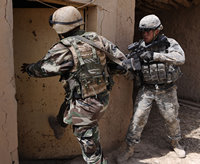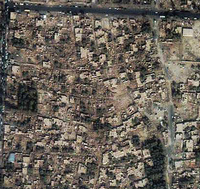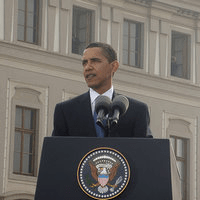
Iran’s alleged clandestine pursuit of a nuclear-weapon capability dominated the headlines last week during the ongoing Nuclear Nonproliferation Treaty (NPT) Review Conference. However, beyond the theatrics of President Mahmoud Ahmadinejad and U.S. Secretary of State Hillary Clinton’s verbal exchange, it is important to remember, and ultimately to address, the root cause of the Iranian nuclear problem — namely, the spread of dual-use technologies such as uranium enrichment to countries outside the ring of first-order world powers. The problem with uranium enrichment is its ambiguity: It is a vital component of the civilian nuclear power industry, yet it can also be […]

